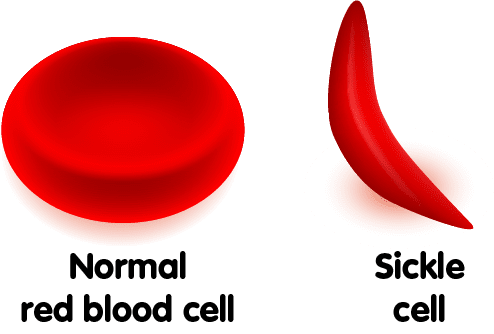THE NEED FOR BLOOD
- Every two seconds someone in the U.S. needs blood.
- Blood cannot be manufactured. It can only come from generous, human donors.
- Patients with certain conditions, like sickle cell disease and thalassemia, may need blood frequently to prevent complications.
AFRICAN-AMERICAN BLOOD DONATION
- Up until now, African-Americans and other black descendants have donated blood at lower rates than the rest of the population. We need your help to change that!
- African-Americans and other black descendants are more likely to have rare blood types.
- Good matches are more likely if the donor and the recipient share the same racial and/or ethnic background.
GENERAL DONATION INFORMATION
- The entire donation process, from registration to post-donation snack, takes less than an hour.
- There is no risk of contracting a disease from donating blood.
- Most people who are at least 16 are eligible to give blood even if they have diabetes or high blood pressure.
- You can always try again if you were turned away from donating because of low iron levels or a cold.
What is Hemoglobin?
Hemoglobin is the part of the blood that carries oxygen from the lungs to all parts of the body. There are different types of hemoglobin. Your hemoglobin type comes from the genes you inherit from your parents. Genes are instructions in each of our cells that determine a person’s traits such as eye color, blood type and risk of disease. Hemoglobin A is the most common type and is normal.
What is Sickle Cell Trait?
Sickle cell trait is a hereditary blood disorder. Sickle cell trait occurs when a normal gene (Hemoglobin A) is inherited from one parent and the sickle cell gene is passed down from the other parent. This means the person won’t have the disease, but will be a trait “carrier” and can pass it on to his or her children. Sickle cell trait is not a disease. It will not go away or change into sickle cell disease.
Sickle cell affects people throughout the world and is particularly common among those whose ancestors came from Africa; Spanish-speaking regions in South American; the Caribbean, Central American, Saudi Arabia, India and Mediterranean countries such as Turkey, Greece, and Italy.
Is Sickle Cell Trait life threatening?
Sickle cell trait is not life-threatening. Persons with sickle cell trait are not anemic, do not have physical abnormalities, usually, do not have symptoms and lead a normal life span. Children and individuals with sickle cell trait do not need special health care.
Sickle cell trait is generally benign and like other trait carriers, most individuals with sickle cell trait do not have symptoms. They have episodes of hematuria or blood in the urine. Sickling may occur under conditions of significant hypoxia (a severe shortage of oxygen), dehydration and physical exertion. This can cause a shortage of oxygen to the spleen or sudden death from exertional heat illness during strenuous exercise in older individuals.
Sickle Cell Foundation Georgia, Inc.





